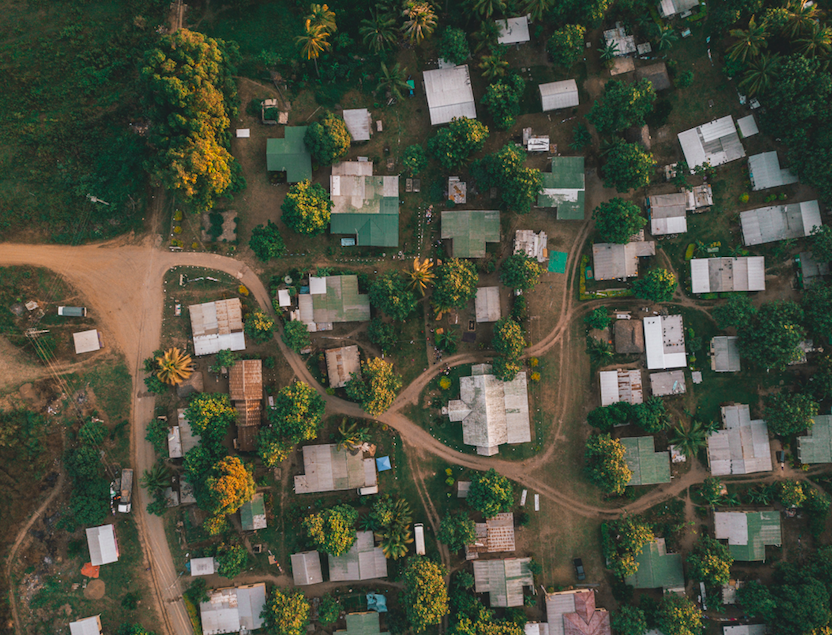
Prompt Images
“Tom, I have to ask you something.”
I hired Steve Ward as my real estate agent almost a year prior, tasking him with selling the house on Miami Avenue, for which I now found myself responsible. Most of our phone conversations revolved around the continued lack of offers on the house, followed by suggesting we lower the price yet again, as he continued to overvalue property in a crashing market.
Steve approached these calls with a fatigued but still optimistic tone I had come to know and hate.
I wanted the house sold and out of my life as soon as possible, and my contempt for Steve grew with each call. He was given a reprieve when an offer that was close to acceptable finally landed on his desk. We exchanged counter-offers, but the end was in sight. So, Steve’s calls no longer distressed me until he set up this query. His voice became delicate and apologetic, preparing me for a question that he knew was unseemly but still asked.
“I know this is tough,” he said, “but the buyer wants to know. Did your uncle die in the house?”
Old neighborhoods in Boston have old homes, and most of the houses on the street were nearing 100 years old. The odds of someone, at some time along the way, passing away in one were pretty likely. A typical house that age would come standard with old wiring, bad plumbing, and a few ghosts.
Many years before, my grandmother had a heart attack in what was then her house, now considered my uncle’s house—my uncle, who was now dead. The buyer wasn’t interested in the passing of an old relative in their sleep, or someone who was brought home and made comfortable for their last days surrounded by family. The question was about my uncle, and it was rooted in a detail Steve Ward had let slip during the back-and-forth price negotiations.
The offer, and the question, had come from a firefighter.
Firefighters talk and gossip, especially about other firefighters, around water coolers of firehouses and union halls. To know everyone else’s business makes a big city smaller, and truth wasn’t a requirement to pass along a juicy story. The firefighters that would have responded to the 911 call for an unconscious man in his home on Miami Avenue would have come from the firehouse where my uncle was stationed, only about a mile away. The men and women he saw day in and day out for over 10 years would have tended to him until he was put on administrative leave 18 months before. They would have tried to revive him in that living room, wondering how he got there.
As Steve’s question hung in the air, I wondered what people knew, or thought they knew.
In the days after my uncle’s passing, our family responded to the inevitable questions of “what happened?” from outsiders, with a refrain that “his heart stopped.” Technically factual yet ambiguous, we stuck to our answer.
The death certificate that came back weeks later called out the drugs in his system: cocaine, methamphetamine, and oxycodone. The drugs caused the overdose, which caused his body to shut down, which caused his heart to stop.
Some of the firefighters who responded might have known he fell off the wagon.
Others might have heard of the court case that put him on leave. They certainly would have gossiped, turning speculation into rumor into fact. As the ambulance pulled away with him in a futile attempt to keep him alive, some might have quietly mourned for their fallen brother. Others might have distanced themselves from his disgrace.
Many of them would have taken this new turn of events and added it to the library of dubious information they had about my uncle, and in turn, this house. Steve’s question came under the guise of information germane to the purchase of property, but I was really being asked about a juicy tidbit of firehouse gossip.
Silence filled the phone for only a moment while I ran through a lifetime of family secrets in my mind.
“No, Steve,” I said, “he didn’t. He died at a hospital. Don’t ever ask me about it again.”



